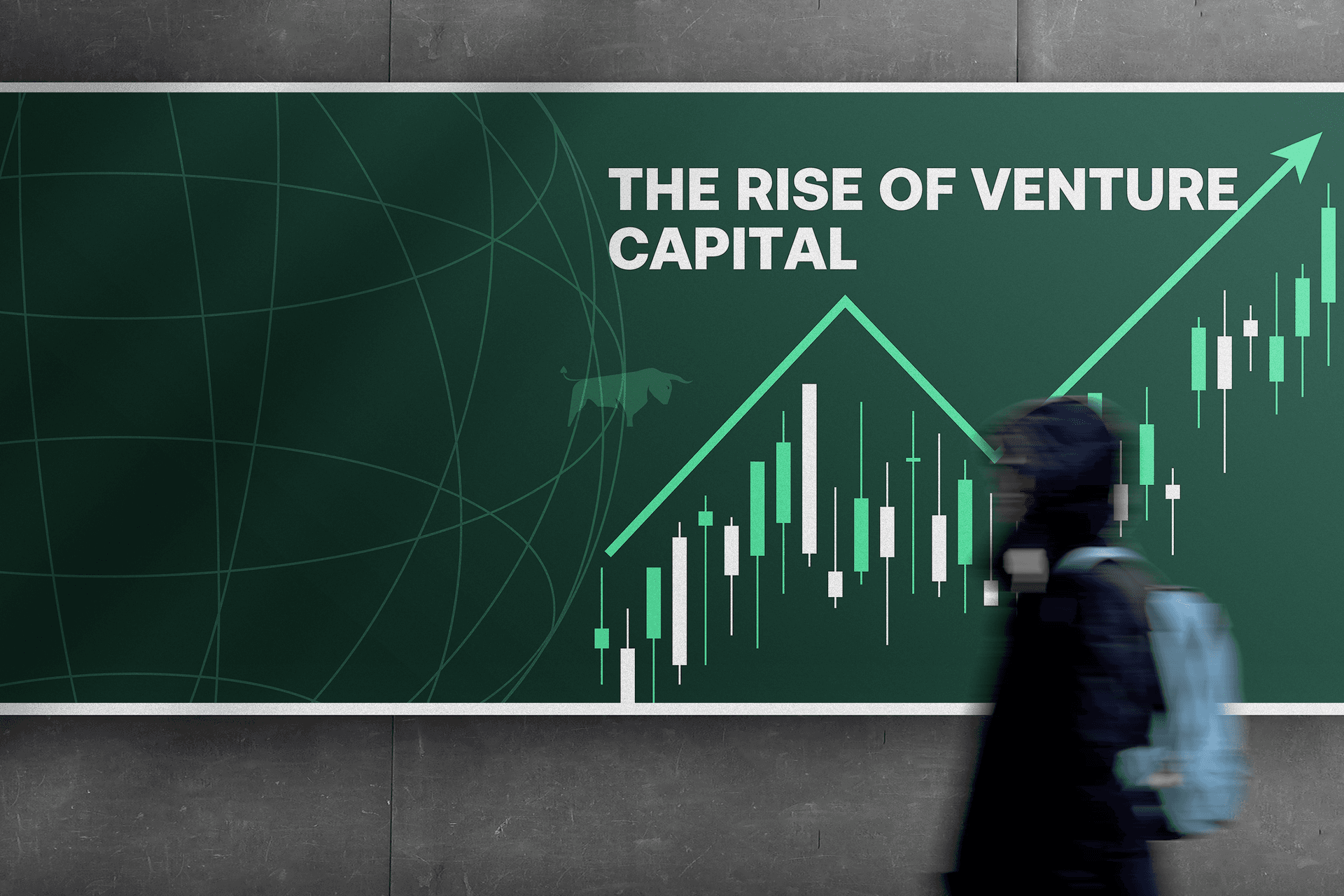DOLLAR DOMINANCE
An article on a rapidly changing world and where the Dollar sits in a digital age.
In order to understand dollar dominance, you need to understand how it became the currency of the world. Most people don’t understand that even in your own country, the dollar play a more important role than your own currency, I know, right! How can the dollar be more important than your own currency? Well let me try and explain how and why.
It all began with Bretton Woods.
The Bretton Woods Conference was a meeting of representatives from 44 Allied nations held at the Mount Washington Hotel in Bretton Woods, New Hampshire, in July 1944. The conference was convened to address the instability in the global financial system caused by the Great Depression and World War II, and to establish a new international monetary system that would promote economic stability and facilitate international trade.
The conference was attended by many prominent economists and policymakers, including John Maynard Keynes of the United Kingdom and Harry Dexter White of the United States. The discussions at the conference ultimately led to the creation of the International Monetary Fund (IMF) and the International Bank for Reconstruction and Development, later known as the World Bank.
One of the key features of the new monetary system established at Bretton Woods was the fixed exchange rate regime. Under this system, countries agreed to peg their currencies to the US dollar, which was itself pegged to gold at a rate of $35 per ounce. This meant that other countries could exchange their dollars for gold at this fixed rate, which helped to maintain the stability of the international monetary system.
This has put the USA in a place of “Exorbitant Privilege” for many decades in terms of influencing their policies around the globe,
and they maintain this in a few ways.
The term "exorbitant privilege" refers to the advantage that the United States enjoys as the issuer of the world's primary reserve currency, the US dollar. This advantage allows the US government to borrow at lower interest rates than other countries, since investors have confidence in the stability and strength of the US economy and the US dollar.
There are several factors that contribute to the exorbitant privilege of the US dollar. One is the sheer size of the US economy, which accounts for a significant portion of global economic output. Another is the stability of the US financial system, which is seen as a safe haven for investors during times of global economic uncertainty.
In addition, the US government has historically pursued policies that promote the use of the US dollar in global trade and finance. For example, the US government has used its influence to encourage other countries to price their commodities in US dollars, and has promoted the use of the US dollar as the currency of choice for international transactions.
While the exorbitant privilege of the US dollar has been a source of economic strength for the United States, it has also contributed to imbalances in the global economy. Some argue that the US dollar's dominance has allowed the US government to run large trade deficits without facing the same consequences as other countries, since other countries need to hold US dollars to conduct trade and finance their own economies. Additionally, some argue that the US dollar's dominance has contributed to financial instability in other countries, since sudden shifts in the value of the US dollar can have ripple effects across the global economy.
The United States has a long and complex history of international relations and foreign policy, and its actions and policies have been subject to criticism and debate from a variety of perspectives. Some argue that the United States has acted aggressively and unilaterally in pursuing its interests abroad, while others argue that US military and diplomatic efforts have been instrumental in promoting global security and stability.
While it is fair to say that the dollar played a vital role in a post war society, it has now become a source of pain for many countries including the USA. When interest rates rise, it can have an impact on the demand for US debt (Treasury bonds). This is because investors may look for higher returns on their investments in response to higher interest rates, and may be less willing to invest in lower-yielding bonds like US Treasuries.
If the demand for US debt falls, the US government may need to increase the yield on its bonds in order to attract investors. This means that the government would need to offer higher interest rates on its bonds in order to entice investors to buy them.
However, higher interest rates can also increase the cost of borrowing for the US government, as it would need to pay more in interest payments on its debt. This can make it more difficult for the government to finance its operations and investments.
Overall, rising interest rates can have a complex and potentially significant impact on the US government's ability to finance its debt, and can also affect the broader global financial system. As such, the Federal Reserve closely monitors interest rate trends and adjusts its policies as needed in order to help support the US economy and maintain stable financial markets.
When the US government sells debt (in the form of Treasury bonds), it is essentially borrowing money from investors in order to finance its operations. This can include funding for government programs, infrastructure investments, and military spending, among other things.
The money raised from the sale of Treasury bonds is used to cover government expenses, with the understanding that the government will pay back the money it has borrowed (plus interest) at a later date. In this sense, the debt that the US government sells is a form of financial liability, as it represents money that the government owes to investors.
The sale of US debt (Treasury bonds) is a critical component of the global financial system, as these bonds are widely viewed as a safe and reliable investment. Many investors around the world, including foreign governments, pension funds, and individual investors, hold US Treasury bonds as part of their investment portfolios.
While the US national debt has grown significantly in recent years, it is worth noting that the US government has historically been able to borrow money at relatively low interest rates, in large part due to the perception that US Treasury bonds are a safe and reliable investment. This has allowed the government to finance its operations and investments while keeping borrowing costs relatively low. However, the long-term sustainability of the US national debt remains a subject of debate and concern.
Many academics believe that the USA will go to great lengths to protect the role of the dollar including the military.
The role of the US military in protecting American business interests abroad is a complex and controversial issue. Some argue that the US military has been used to defend American economic interests in various ways, such as:
Securing access to natural resources: The US military has been involved in conflicts and interventions aimed at securing access to key natural resources, such as oil, minerals, and rare earth metals, in countries around the world. This is often done in order to ensure a steady supply of these resources to support American industry and commerce.
Protecting American corporations: The US military has been involved in conflicts and interventions aimed at protecting American corporations and their assets abroad. This can include providing security for corporate installations and personnel in areas of political instability or conflict.
Supporting trade and investment: The US military has been involved in efforts to promote American trade and investment abroad. This can include providing security for trade routes and shipping lanes, as well as supporting diplomatic and economic initiatives aimed at opening up new markets for American goods and services.
Critics argue that the use of the US military to defend American business interests can be counterproductive, and can undermine America's long-term security and stability. Some argue that it can fuel resentment and anti-American sentiment in the countries where the military is deployed, and can contribute to the perception that the United States is more interested in pursuing its own economic interests than in promoting global peace and stability.
The question of whether the US dollar will remain dominant in the global economy is a topic of much debate among economists and policymakers. While there are several factors that have supported the dollar's dominance in the past, including the size and strength of the US economy and financial system, there are also several challenges and potential threats that could erode its position in the future.
One factor that could potentially undermine the dollar's dominance is the rise of other global economic powers, such as China, that are seeking to challenge the US-led global economic order. As these countries continue to grow and develop, they are likely to demand a greater say in global economic governance, which could lead to the development of new international currencies and financial systems that compete with the US dollar.
Another factor that could potentially challenge the dollar's dominance is the ongoing globalization of financial markets and the increasing use of digital currencies and other forms of alternative payment systems. These trends could make it easier for countries and companies to bypass traditional dollar-denominated financial systems, reducing the relative importance of the US dollar in global trade and investment.
Despite these challenges, however, there are still many reasons to believe that the US dollar will remain dominant in the global economy for the foreseeable future. The US economy and financial system remain among the largest and most sophisticated in the world, and the dollar remains the most widely used currency for international trade and investment. Additionally, the US government and central bank have historically taken steps to protect the value of the dollar and promote its use in global financial transactions, which could help to maintain its dominance in the years ahead
And before we get into the argument of whether crypto will replace it, I would say It is unlikely that crypto will completely replace the US dollar as the dominant global currency anytime soon, but it could potentially play a role in diversifying the global financial system and reducing the dominance of the dollar in certain areas.
One of the main advantages of cryptocurrencies is that they are decentralized and operate independently of any government or central authority. This means that they could potentially offer an alternative to traditional currencies and financial systems that are heavily influenced by government policies and economic conditions.
However, there are also several challenges and limitations that could prevent crypto from completely replacing the dollar. For one, cryptocurrencies are still relatively new and untested compared to traditional financial systems, which could limit their widespread adoption and use. Additionally, the value of cryptocurrencies is often volatile and can be subject to wild fluctuations, which could make them less attractive to investors and users.
Overall, while crypto may offer some advantages over traditional currencies, it is unlikely to completely replace the US dollar as the dominant global currency in the near future. However, it could potentially play a complementary role in a more diverse and decentralized global financial system.
Recommended

COMMODITIES STRIPPED FOR PARTS
Why are we so valuable to companies, why do they work so hard to invade our privacy.
CommunityApr 11, 2023 / Simon Adams
WEB 3.0: THE RISE OF THE VENTURE CAPITALIST
We need a different approach to how we fund companies and start-ups, we need to level the field and take ownership of the tools we use.
CommunityFeb 17, 2023 / Simon Adams